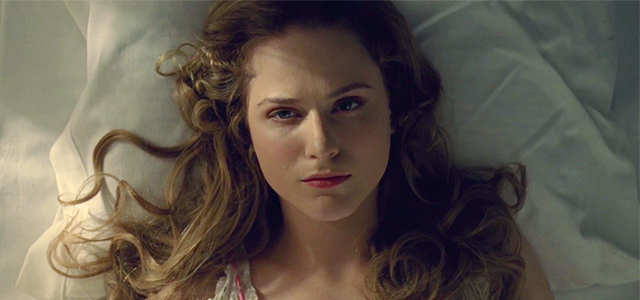Review: Westworld Season 1 – The Maze
Starring: Anthony Hopkins, Evan Rachel Wood, Ed Harris, Thandie Newton, James Marsden, Jeffrey Wright
If the current political climate isn’t telling enough, we live in the age of ‘othering’.
This idea is front and centre during the first season of one of the most revelatory HBO fictional television series – Westworld – finally out on home entertainment formats after debuting on cable late in 2016.
The idea of a theme park where you can treat the other as you please is really a metaphor for society at the moment. The meta-narrative of the show poses this question: How can we look at someone who looks, feels and acts the same was as us and treat them inhumanely?
The series was created by Jonathan Nolan and Lisa Joy who have made equally interesting projects like Memento, Inception and Interstellar. The creative duo took the 1970s movie of the same name, and turned their series into a mind bending look at human psychology, what it means to be human and, perhaps by extension, societies desperate need for empathy.
The ten episode first season of Westworld (out now on Blu-Ray, DVD and 4K HD) is about a park populated by androids who exist for the pleasure of the humans who visit the park and play an immersive game in an old west setting. The android “hosts” have all manner of abuse visited upon them in the name of game play. The humans who visit the park are allowed to live out their most base fantasies. As a result empathy, understanding and connection don’t enter the equation.
The series particularly focusses on it’s two female “hosts” Dolores (Evan Rachel Wood) and Maeve (Thandie Newton) on very different journeys as they slowly come to the realisation that what lies at the dark heart of this adult fantasy world is a maze of recovered horrors.
The series dares to suggest that if humans can’t recognise how they treat others and the torment they cause, should they be allowed to exist at all. And by series end, this idea hangs in tantalising balance, leaving us wondering what will become of the park in it’s already in production second season.
It is about breaking the cycle of the treatment of others. All of which reveals the most important first step in doing so, and what Westworld’s first season seeks so brilliantly to prove: Breaking the cycle of violence and attaining peace is impossible if one group is seen as less human than the other.
So like a lot of speculative science fiction, Westworld’s themes throw a mirror up to society. And it is damning what is reflected back to us.
Alan Jern, Assistant Professor of Psychology, Rose-Hulman Institute of Technology wrote in his article about Westworld ” … people are sometimes capable of callous violence, even toward actual humans. Such violence is psychologically easier when the perpetrators dehumanize their victims, viewing them as having less of a mind. Historically, many genocides have been preceded by campaigns to portray the victims as subhuman animals like rats and cockroaches. We see this on “Westworld” too, where the park staff is encouraged to think of the hosts as mindless and less than human.”
There are a lot of profound ideas to discuss after we watch Westworld. In turn we reflect on the ripple affect some of these ideas should and could have in society and our treatment of the ‘other’. And while a robot apocalypse won’t be on the horizon any time soon (hopefully), it is true that as Shakespeare wrote “these violent delights have violent ends.”
These are all things that Jesus was really good at: valuing the ‘other’ and venturing into places and situations that others thought not worth their time and offering love and acceptance and grace in return.
Adrian Drayton













